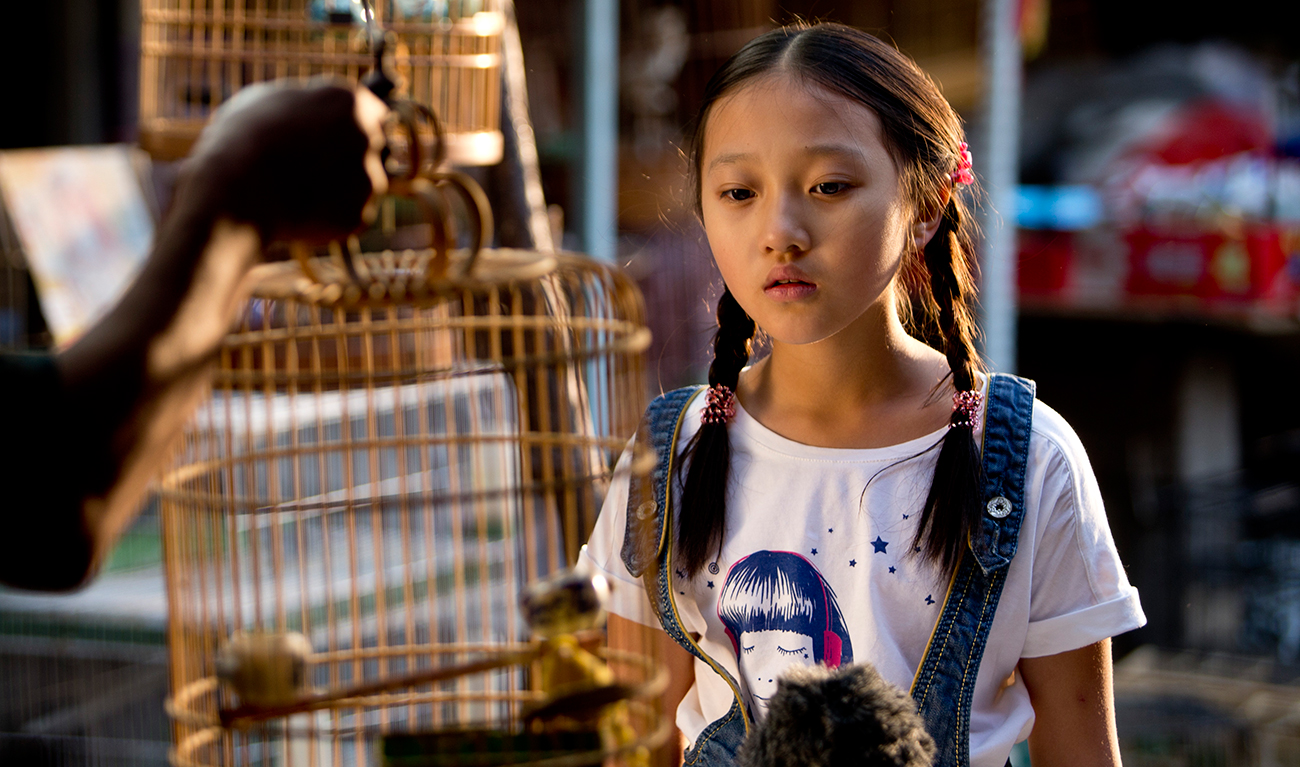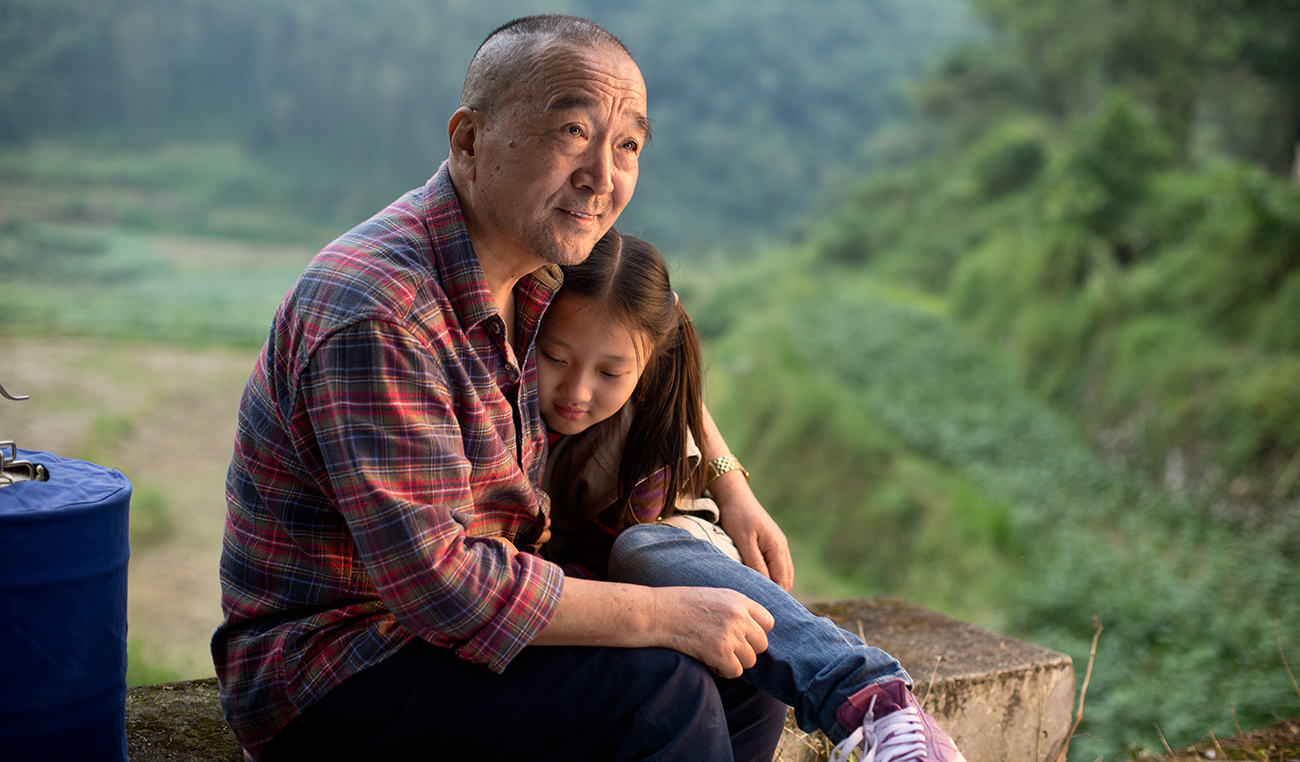Selected as China’s official submission for the Academy Awards’ Best Foreign Language Film category last year, The Nightingale is a curious little film from French filmmaker Philippe Muyl. A remake to his own 2002 film, The Butterfly, his newest feature transports the action from France to countryside China and does so in a way that feels especially tailored for Chinese audiences.
Essentially a road trip film, The Nightingale follows the journey of a young girl and her grandfather as they traverse the rural Chinese landscape on their way to the grandfather’s former home village. The young girl, Renxing (Yang Xinyi), is an only child of two successful parents who seem to never be home as a result of their careers. When both parents are called out of the country for business, Renxing’s mother makes the hasty decision to leave her in the care of her grandfather despite the fact that Renxing’s father had a falling out with him. Thus the two set travel across China though not without some complications.

On the one hand, The Nightingale works as a children’s movie and can be read as such given its lighthearted tone and general focus on Renxing who over the course of the film comes to love and appreciate her grandfather. On the other hand, it’s also quite adult concerning its supporting narratives which frankly don’t quite work in tandem with the film, particularly when the film explores the poorly handled story involving Renxing’s parents. Together, they don’t meld as well as they could but perhaps the most interesting takeaway from The Nightingale is its slight observations on China’s generational gap. Though often a common element exploited for the purposes of humour in road trip films such as this (which The Nightingale still manages to achieve), it’s an interesting idea that helps Muyl’s film stay on its feet and remain a relatively interesting watch.
When Renxing’s grandfather (played by veteran Chinese actor, Li Biaotan) strikes up a conversation with a young man who has just returned from his travels around the world, he naively asks him if he traveled by car or by bike to which the young man replies that he traveled all around the world by sea. The grandfather then remarks that for him, he doesn’t want to travel by sea for it is too vast. Now this may be a huge assumption to make but it can be assumed that, as the product of the Cultural Revolution, the grandfather’s worldview is limited strictly to China which may perhaps explain why he asks if the ‘world-wide travel’ was achieved by land. Other instances of China’s young people becoming globalised citizens of the world, as opposed to the generations before them, are spread across the film and add to the film’s observations on the country’s generational gap and unexpectedly make for an interesting reading of the film.

With some heavy 2014 contenders in the form of eerie thriller Black Coal, Thin Ice, surveillance film Trap Street and Zhang Yimou’s period drama Coming Home – all of which made its rounds on the festival circuit and were mostly well received abroad – it’s perhaps not all that surprising that a film as accessible as The Nightingale made it through as the official entry for China. Lovely cinematography work from the film’s DP Sun Ming certainly helps capture the magnificence of the Chinese countryside but does little to establish much else, at least on a thematic level. The Nightingale makes for a decent viewing but it’s hard to say how much of a draw it will have with audiences here in Australia.
The Nightingale opens in select Australian cinemas on June 18.
